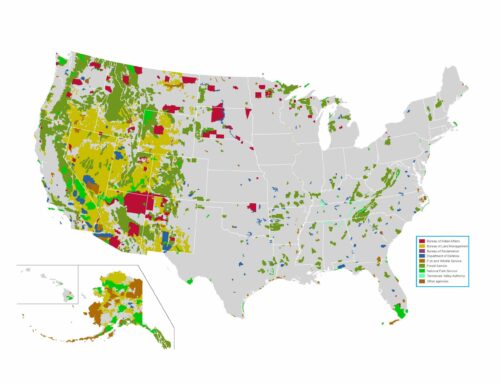by Greg Walcher, Senior Policy Fellow
As Appearing in The Daily Sentinel
I recently had a fascinating discussion about economics with a nephew, which was perhaps more enlightening for me than for him. He just became a teenager, so it is understandable that he hasn’t given a lot of thought to various economic systems, especially those with names that begin with macro, micro, pseudo, or quasi. But I certainly learned what public schools are teaching about the American free enterprise system and why it doesn’t work. In short, everything costs too much, and teachers don’t get paid enough. The government needs to fix both.
We talked about how value is determined in a free market, namely, how much someone is willing to pay for goods or services – willing seller, willing buyer. More than any other factor, that determines the price of food, clothing, shelter, pencils, and even teachers’ salaries. But it was thought-provoking for me, because it reminded me about some things whose value cannot be determined that way, or at least shouldn’t be.
The first example that comes to mind is water. Within local communities, of course, we do put a price on water, based on how many gallons individual households use each month. But on a statewide basis, and especially between states, we do not buy and sell water on the open market, nor can Colorado ever afford to do so. Water is carefully allocated between states based on delicate legal agreements that have survived for decades, making prosperity possible in Colorado.






